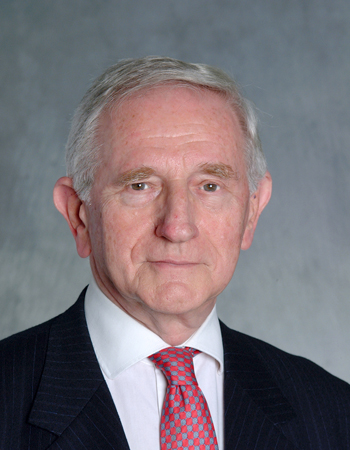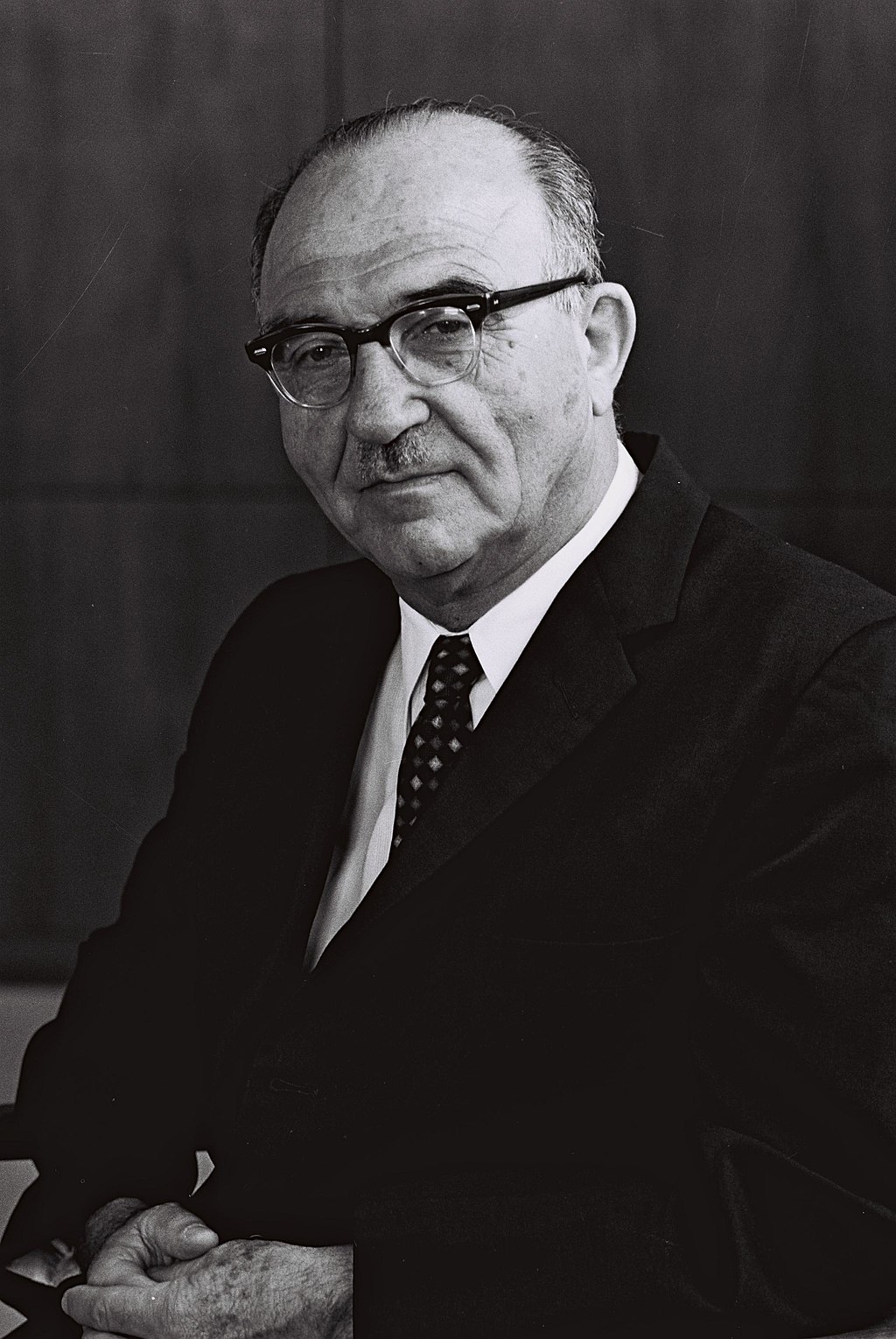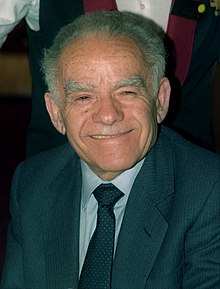Introduction
Michael Sela is an Israeli immunologist whose groundbreaking research has significantly advanced our understanding of the immune system. Born on March 2, 1924, in Poland, Sela emigrated to Israel, where he joined the Weizmann Institute of Science. He is best known for his work in immunology and for co-developing Copaxone, a major drug for treating multiple sclerosis (MS), which has had a profound impact on patients worldwide.
Early Life and Education
Sela’s early life was marked by the turmoil of World War II, which prompted his family to move to Romania and eventually to Israel. He pursued his education at the Hebrew University of Jerusalem, where he studied biochemistry and earned his doctorate. Sela soon joined the Weizmann Institute, where he dedicated his career to exploring the intricacies of the immune system.
Scientific Contributions
Michael Sela’s contributions to immunology have been transformative. His research has focused on the understanding of antigens and how the immune system distinguishes between self and non-self. He played a key role in developing synthetic antigens, which has been instrumental in the study of immune responses.
One of Sela’s most significant achievements is the development of Copaxone, a synthetic drug used to treat multiple sclerosis. Working alongside Ruth Arnon and Dvora Teitelbaum, Sela helped create a drug that effectively manages the symptoms of MS, an autoimmune disease where the body’s immune system mistakenly attacks the protective covering of nerves.
Impact on Medicine
Copaxone has become one of the leading treatments for multiple sclerosis, improving the quality of life for millions of patients globally. Sela’s work on synthetic antigens also laid the foundation for numerous advances in vaccine development and the broader field of immunotherapy, which has become a cornerstone of modern medicine.
Beyond Copaxone, Sela’s insights into the immune system have helped shape the field of immunotherapy, contributing to our understanding of how to harness the immune system to fight diseases like cancer. His work has paved the way for novel treatments that aim to boost the body’s natural defenses against a variety of ailments.
Awards and Honors
Michael Sela has received numerous awards for his scientific contributions, including the Israel Prize, the Wolf Prize in Medicine, and the Rothschild Prize. He has been a prominent figure in the scientific community, holding various leadership positions at the Weizmann Institute, including serving as its president.
Legacy and Influence
Michael Sela’s legacy is seen in the countless lives improved by his research. His work on Copaxone remains one of the most important contributions to the treatment of autoimmune diseases, and his research into synthetic antigens continues to influence immunology and vaccine development. Sela’s dedication to scientific inquiry and innovation has left an indelible mark on the world of biomedical research.



